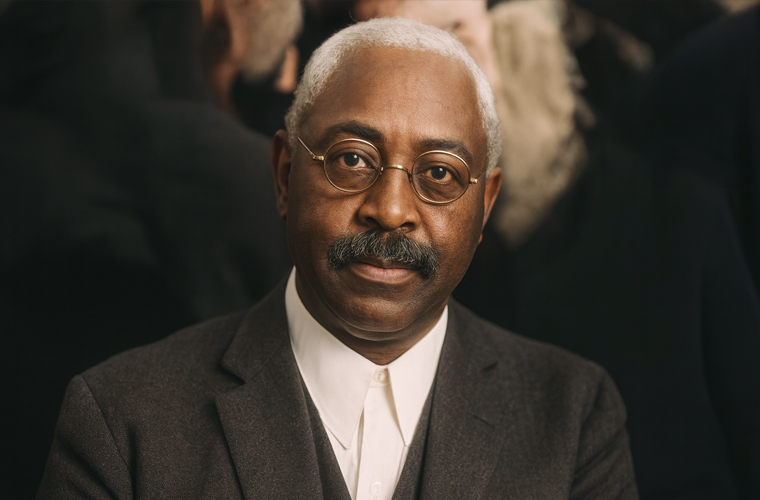A Legacy in Tulsa’s Black Wall Street
Ottowa W. Gurley, born on December 25, 1868, to freed slaves in Huntsville, Alabama, emerged as one of Tulsa, Oklahoma’s, wealthiest Black entrepreneurs before the 1921 Tulsa Massacre devastated his legacy. Raised in Pine Bluff, Arkansas, Gurley was self-educated and married his childhood sweetheart, Emma. He briefly taught before joining the U.S. Postal Service. In 1893, Gurley joined the Cherokee Outlet Land Rush in Indian Territory, staking a claim in Perry, Noble County. There, he ran unsuccessfully for county treasurer, served as a school principal, and operated a general store. In 1905, he and Emma sold their property and relocated to Tulsa, an oil boomtown, where Gurley purchased 40 acres in North Tulsa. He established a rooming house on what became Greenwood Avenue, later subdividing his land into residential and commercial lots and opening a grocery store.
Gurley’s ventures fueled the growth of Greenwood, which became known as “Black Wall Street,” a term coined by Booker T. Washington. Between 1910 and 1920, the Black population in Gurley’s area surged from 2,000 to nearly 9,000, within Tulsa’s total population of 72,000. The community thrived with Black-owned businesses—ranging from brickyards to theaters and a chartered airplane company—many initially financed by Gurley. He built the Gurley Hotel at 112 N. Greenwood, rented spaces to smaller businesses, and owned a two-story building at 119 N. Greenwood housing the Masonic Lodge and a Black employment agency. Gurley also co-founded Vernon AME Church.
Racial tensions in Tulsa, escalating since the Red Summer of 1919, culminated in the Tulsa Massacre of May 30–June 2, 1921. The conflict ignited when Dick Rowland, a Black teenager, was accused of assaulting a white woman, Sarah Page, prompting a white mob to threaten lynching. Gurley, a sheriff’s deputy patrolling the Black community, sought to de-escalate tensions. However, a confrontation at the county courthouse, where Black residents gathered to protect Rowland, erupted into gunfire, sparking the massacre. By its end, approximately 300 Black lives were lost, Black Wall Street was reduced to ashes, and Gurley’s fortune, estimated at $200,000, was largely destroyed.
Arrested during the conflict and accused of inciting it, Gurley implicated two other Black leaders, J.B. Stradford and A.J. Smitherman, to secure his release. He then fled to Los Angeles, where he and Emma operated a small hotel. Gurley died in 1935 at age 67, his prosperity a casualty of the massacre, but his contributions to Black Wall Street endure as a testament to his vision and resilience.

